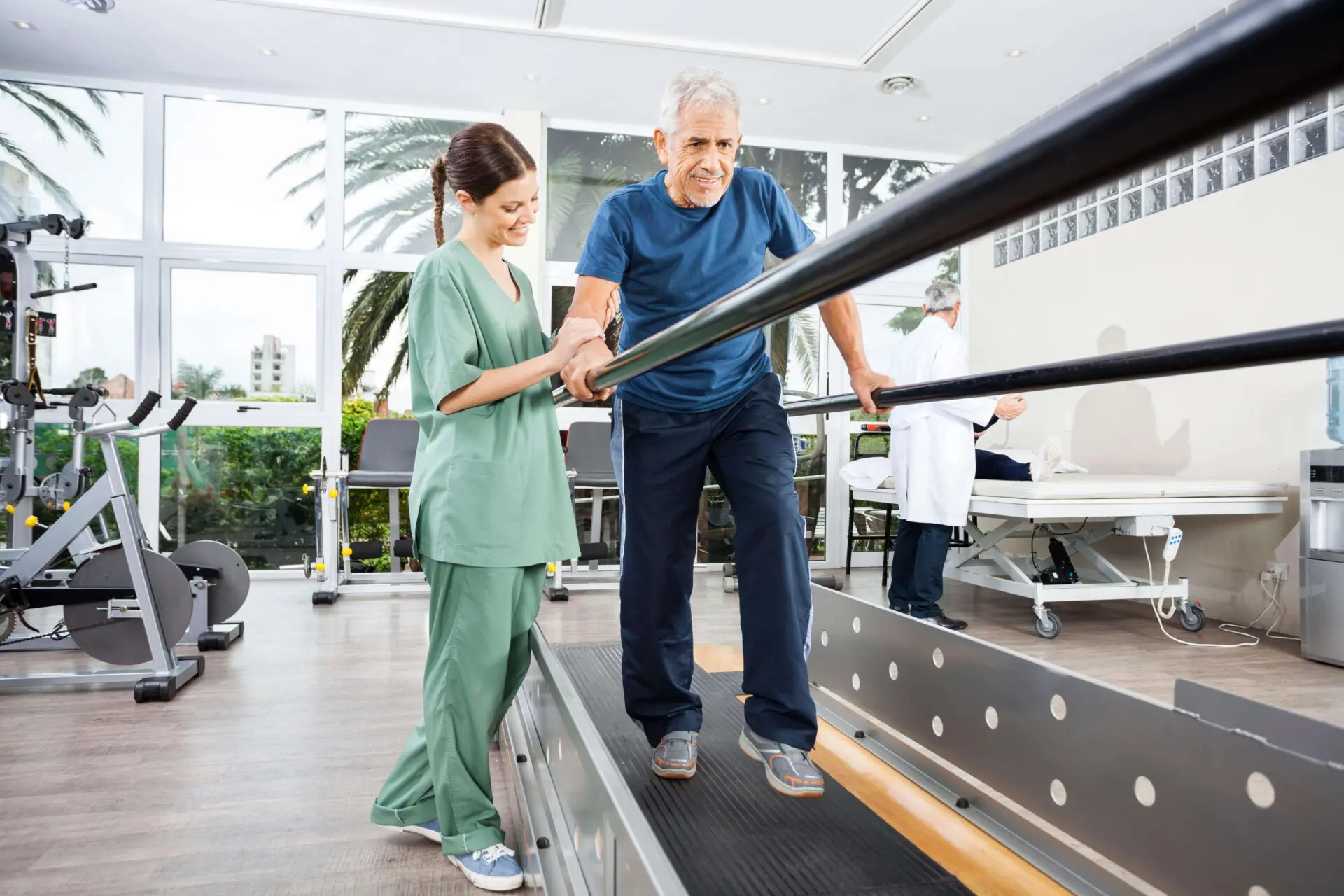Some Ideas on Dementia Fall Risk You Need To Know
Some Ideas on Dementia Fall Risk You Need To Know
Blog Article
The 3-Minute Rule for Dementia Fall Risk
Table of Contents9 Simple Techniques For Dementia Fall RiskAbout Dementia Fall Risk5 Easy Facts About Dementia Fall Risk DescribedNot known Incorrect Statements About Dementia Fall Risk The Only Guide to Dementia Fall Risk
The FRAT has 3 areas: drop risk condition, danger variable list, and activity plan. A Fall Danger Status consists of data about background of recent drops, medications, psychological and cognitive condition of the person - Dementia Fall Risk.If the patient scores on a risk element, the corresponding number of points are counted to the person's fall threat score in the box to the much. If a person's fall threat rating completes 5 or greater, the person is at high threat for falls. If the individual ratings just 4 factors or lower, they are still at some danger of falling, and the nurse should use their best clinical evaluation to manage all loss danger variables as part of an alternative care plan.
These standard approaches, in basic, assist create a safe setting that minimizes unintentional falls and delineates core preventative measures for all clients. Indications are vital for people at risk for drops.
See This Report on Dementia Fall Risk
Wristbands must consist of the patient's last and first name, date of birth, and NHS number in the UK. Only red color must be made use of to indicate special client condition.
Products that are as well much might call for the patient to reach out or ambulate unnecessarily and can potentially be a danger or add to drops. Assists protect against the patient from going out of bed with no support. Nurses respond to fallers' telephone call lights faster than they do to lights initiated by non-fallers.
Visual impairment can greatly cause falls. Hip pads, when put on properly, might reduce a hip crack when loss occurs. Maintaining the beds closer to the flooring lowers the threat of drops and severe injury. Putting the bed mattress on the flooring dramatically lowers loss threat in some medical care setups. Low beds are designed to decrease the range an individual drops after moving out of bed.
The Buzz on Dementia Fall Risk
Individuals who are tall and with weak leg muscles who attempt to rest on the bed from a standing placement are likely to fall onto the bed because it's too low for them to reduce themselves safely. If a tall individual attempts to get up from a low bed without help, the client is likely to fall back down onto the bed or miss out on the bed and drop onto the moved here floor.
They're created to advertise timely rescue, not to stop falls from bed. Distinct alarms can additionally remind the person not to obtain up alone. Making use of alarm systems can also be a replacement for physical restraints. Apart from bed alarm systems, boosted guidance for risky people additionally may help prevent drops.

People with an evasion gait rise fall chances significantly. To lower fall danger, shoes ought to be with a little to no heel, thin soles with slip-resistant walk, and sustain the ankle joints.
What Does Dementia Fall Risk Mean?
In a research study, homes with appropriate lighting record less falls (Ramulu et al., 2021). Renovation in lights at home may decrease loss rates in older grownups.

Sitters are efficient for ensuring a secure, safeguarded, and risk-free setting. Studies showed really low-certainty proof that caretakers reduce loss danger in intense care health centers and only moderate-certainty that alternatives like read the full info here video tracking can decrease caretaker use without increasing autumn threat, recommending that caretakers are not as valuable as originally thought (Greely et al., 2020).
3 Simple Techniques For Dementia Fall Risk

Enhanced physical fitness reduces the danger for falls and restricts injury that is sustained when autumn takes place. Land and water-based exercise programs may be similarly useful on equilibrium and gait and consequently reduce the threat for drops. Water exercise might contribute a positive benefit on equilibrium and gait for women 65 years and older.
Chair Rise Exercise is an easy sit-to-stand exercise that helps reinforce the muscle mass in the thighs and butts and improves mobility and freedom. The goal is to do Chair Surge exercises without making use of hands as the client becomes stronger. See sources section for a comprehensive direction on just how to carry out Chair Increase exercise.
Report this page